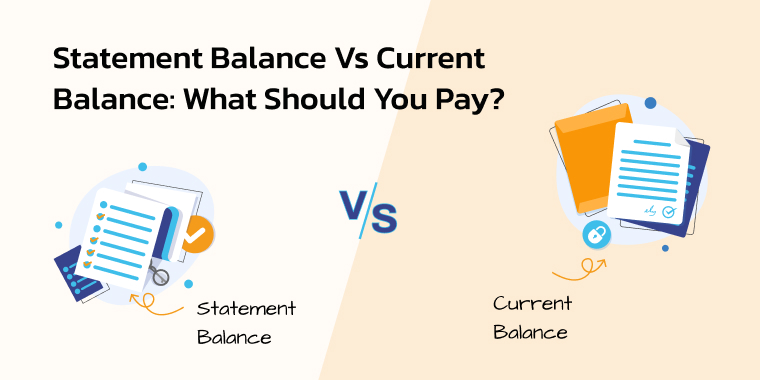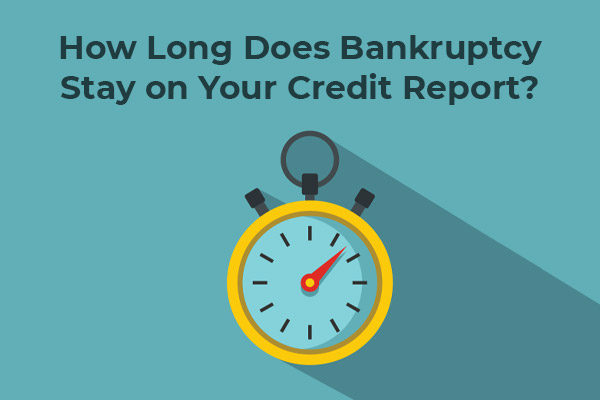A lot of us are avid credit card users and pay bills as well as make daily purchases with credit cards. The more regular you are at using credit cards, the more you will be acquainted with the different intricacies of the item. Credit cards might appear to be very simple to use but in reality, there are a lot of things that one does not know about credit cards. Here we will briefly discuss about difference between statement balance and current balance.
If there is a most common question about credit cards, then it can be the question of statement balance or current balance, which one should you pay? When we use credit cards on a regular basis for daily purchases and transactions, it is natural that the statement balance and current balance of the credit card would be different.
If you are wondering why this happens, we will discuss the two kinds of balances of credit cards which will help you better understand the meanings of these two balances and why they differ.
Along with that, in this article, we will discuss all important details about statement balance and current balance which will help you make the right choice about which one to pay. As you read on, you will find out which is the balance that must be paid and you can make a more economic and profitable decision.
Statement Balance Vs Current Balance

What Is the Statement Balance of a Credit Card?
The statement balance is a credit card is basically the details of all the expenses and payments made to the credit card account in one billing cycle. The statement balance of a credit card is generated for each billing cycle and does not change until the next billing cycle closes. Although, you cannot consider that since your statement balance is not changing, your credit card balance will not change as well.
What Is the Current Balance of a Credit Card?

After the statement balance, now we need to know about the current balance of a credit card. The current balance of a credit card is basically indicative of the current total of all payments and charges to the particular credit card account. This balance will change every time you make a purchase or transaction with a credit card.
This means that if you have made any transactions since the closing date of your statement (the closing date of the statement is the one on which one billing cycle ends and a new one begins), then the current balance will be higher than your statement balance.
On the other hand, if a payment is made to the credit card account since the last statement closing date, and no new transactions were made, then the current balance of the credit card will be lower than its statement balance.
Decision Making: Statement Balance Vs Current Balance
Statement balance and current balance of a credit card are different, we have gone through that already. But along with that, what needs to be mentioned is the fact that these two types of balances of a credit card impact different aspects of credit cards as well.
To be very concise, it can be said that the statement balance of a credit card affects the interest charges while the current balance affects the credit score and credit utilization ratio.
You have most probably noticed both statement balance and current balance mentioned on your credit card bills. After noticing this, you may have been confused about what each of them means and how each of them will affect your finances. But above all, you might have been wondering about which balance to pay?
To answer that question, we must first understand the relevance and definition of a usual credit card billing cycle. The statement balance and current balance of a credit card are based on this billing cycle, and both the balances relate to it.
The billing cycle of a credit card is the length of time between the last statement closing date and the next statement starting date. This usually extends to a period of 28-31 days.
Now that we know that, what must be considered is the opinion of experts. According to experts in the financial industry and credit cards, paying the full statement balance of a credit card before or by its due date will help any credit card owner save money on interest charges.
On the other hand, paying the current balance of a credit card within the deadline will help improve the credit utilization ratio and your credit score.
Pay the Statement Balance to Avoid Interest Charges
When it comes to consistently paying off your statement balance in full by the due date, the best advantage is that you do not have to pay the interest charges on your credit card bills. This makes it a very economical and wise decision to consistently pay off the statement balance of each billing cycle of your credit card within the due date and in full.
Although, if it is not feasible for you to pay the full credit card statement balance by the due date, you can choose to at least make the minimum payment. Although this will accumulate interest on your credit card account, if you can make the minimum payment on time, it will waive off any late fees and negative reports on your credit score.
Credit card issuers do not have to offer grace periods mandatorily, but an issuer can provide a grace period of at least 21 days from the day of mailing or delivering a customer’s statement. This will allow customers to pay the statement balance listed on the bill and will not include any added interest charges.
Make Use of Automatic Payments to Avoid Interest Charges

With online billing and payment options widely available, it is possible to pay off credit card bills through automatic payment methods. Although you will have to check with your credit card company if they allow the autopay option. If you can make automatic payments, then you will also be able to choose “statement balance” for your automatic payment mode.
Autopay can effectively help you avoid late payments and interest charges on your credit card bills and you can also set a reminder on your calendar so that you can make the payment on time by adding the required funds to your bank account. This will help process the automatic payment on time.
There Are Exceptions as Well
There are some specific exceptions to the above discussion. Specific credit card transactions like cash advances, will not fall under the “grace period” provided by your credit card company and interest will be charged from the date you avail of the cash advance.
If you do take a cash advance on your credit card, which is reckoned to be a bad idea, make sure you pay it off as quickly as possible.
Read also: How To Cancel A Credit Card?
How Current Balance of a Credit Card Affects the Credit Utilization Ratio
Although this depends on the way your credit card company reports your credit card account balance to the consumer credit bureaus, the current balance of your credit card can affect your credit utilization ratio as well as your credit score. Credit bureaus calculate credit utilization rates on the basis of the balances that they get from credit card companies.
Some companies send the statement balances of cardholders while others send current balances as well. You can check with your credit card company or bank to find out which balance it reports to consumer credit bureaus. You can also ask which day of the month it reports the balance if your credit card issuer reports the current balance of your credit card account.
The credit utilization rate basically indicates the available credit that is available for your use at a certain point in time. There are a variety of guides from experts available on the Internet. These can help you better understand credit card utilization and how it affects credit scores. The basic fact that you must remember is the lower the credit utilization rate, the better it is for you.
If you have a high credit utilization rate, make sure to pay your current balance whenever and as consistently as possible. The best way to go is to have a credit utilization rate under 30% of the total credit limit on your credit card account.
Conclusion on Current Balance Vs Statement Balance
So after all those discussions, we hope that it is amply clear to you as to what is a more sustainable option for you when making credit card bill payments. Based on your objective, financial convenience, and how you use your credit card, make a wise decision when choosing to pay between the statement balance and the current balance of your credit card bill.
We have made sure that you understand the key differences between both and how they will affect your finances and credit score. So, make sure that you are making the right choice!
Bonus Tip:
No matter which balance you are paying, a great idea is to always pay the bill before or by the due date of each billing cycle. This has a huge positive impact on your credit score health and makes your profile more preferred by financing companies which will help you get loans in the future!






Leave a Reply